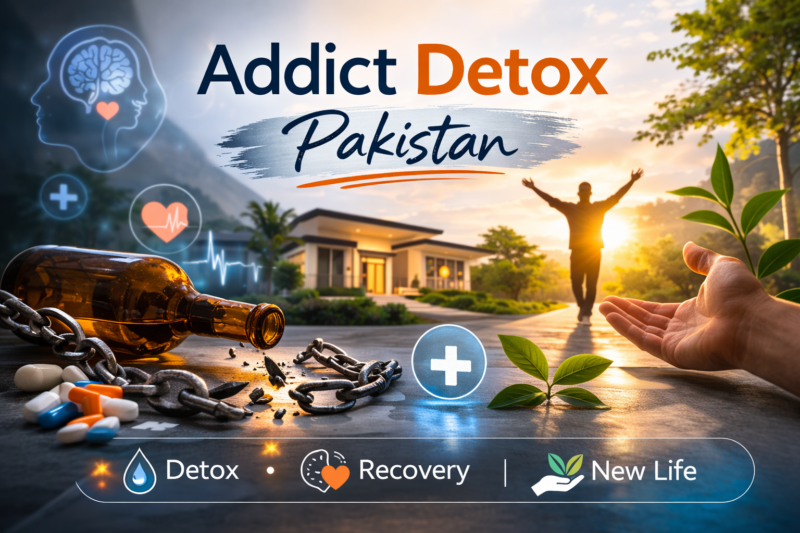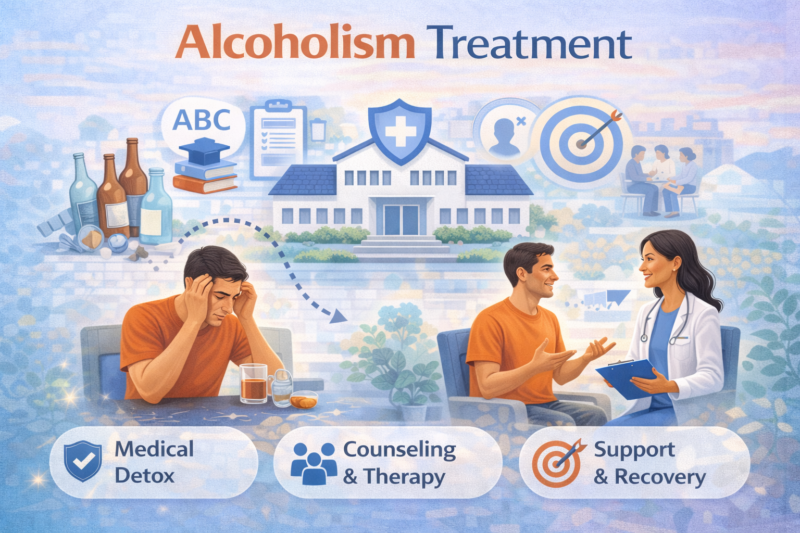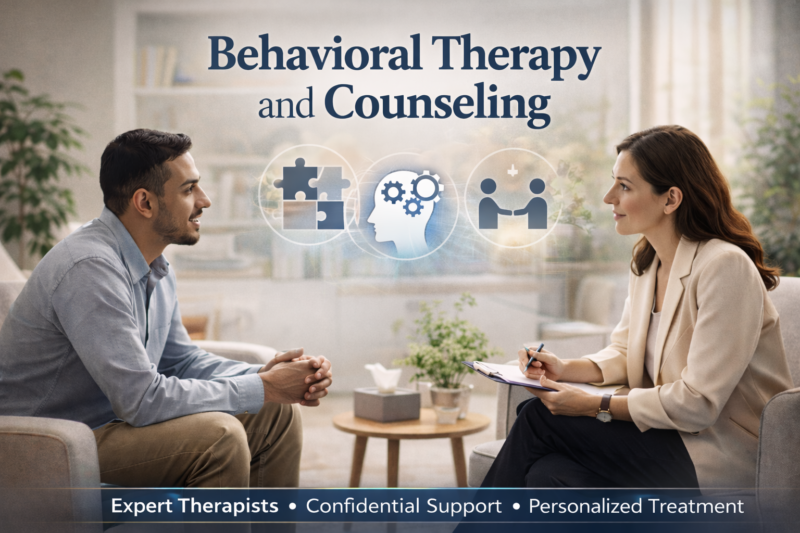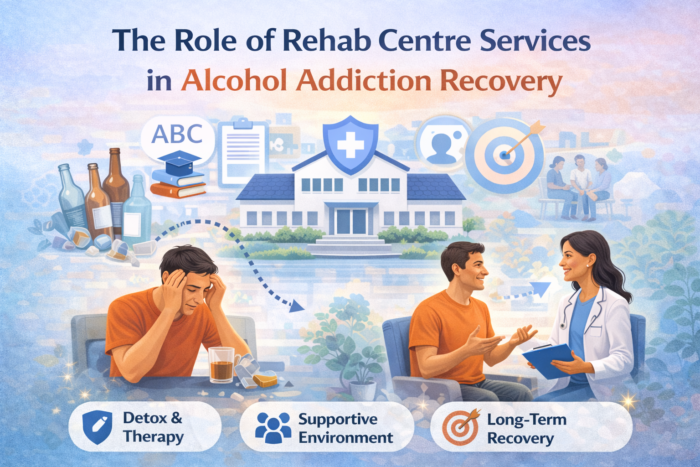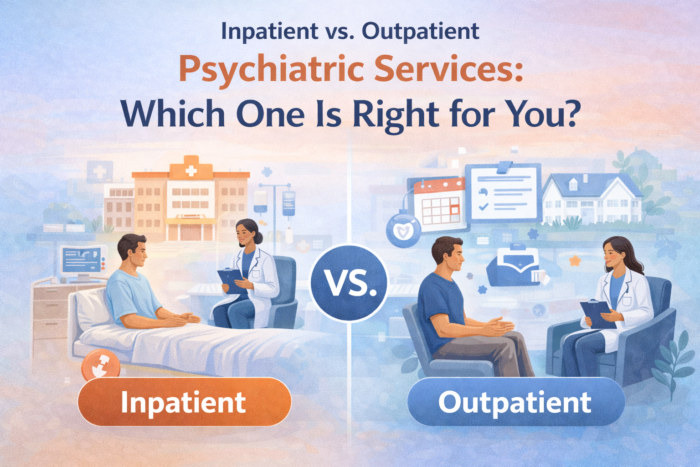 In today’s fast-paced world, our minds are constantly overwhelmed with stress, anxiety, and distractions. From hectic work schedules to personal responsibilities, the pressure can take a serious toll on our mental well-being. At New Soch Rehab Center and Psychiatrist Center Islamabad, we emphasize the importance of mindfulness techniques as powerful tools to promote mental health, reduce stress, and improve emotional resilience.
In today’s fast-paced world, our minds are constantly overwhelmed with stress, anxiety, and distractions. From hectic work schedules to personal responsibilities, the pressure can take a serious toll on our mental well-being. At New Soch Rehab Center and Psychiatrist Center Islamabad, we emphasize the importance of mindfulness techniques as powerful tools to promote mental health, reduce stress, and improve emotional resilience.
Whether you’re dealing with anxiety, depression, or simply looking to cultivate inner peace, incorporating mindfulness into your daily routine can make a profound difference. In this blog, we explore effective mindfulness exercises that you can start practicing today.
What Is Mindfulness and Why Does It Matter?
Mindfulness is the practice of being fully present in the moment—observing your thoughts, feelings, and environment without judgment. It’s a scientifically proven technique that enhances mental clarity, emotional balance, and stress management.
Trending research shows that regular mindfulness practice can:
-
Reduce symptoms of anxiety and depression
-
Improve focus and productivity
-
Enhance emotional regulation
-
Promote better sleep
-
Boost overall mental wellness
1. Mindful Breathing: The Foundation of Calm
Mindful breathing is one of the simplest yet most effective techniques to anchor your awareness in the present.
How to Practice:
-
Sit or lie down in a comfortable position.
-
Close your eyes and focus on your breath.
-
Inhale slowly through your nose, hold for a few seconds, and exhale through your mouth.
-
Repeat this for 5–10 minutes daily.
This technique is ideal for beginners and helps manage acute stress and anxiety instantly. You can use it before a stressful meeting, during traffic, or anytime you feel overwhelmed.
2. Body Scan Meditation for Stress Relief
Body scan meditation is an excellent way to release physical tension and connect with your body. This technique helps increase body awareness, which is crucial for identifying and managing emotional triggers.
How to Practice:
-
Lie down comfortably and close your eyes.
-
Starting from your toes, mentally scan each part of your body.
-
Notice sensations, tension, or discomfort without trying to change anything.
-
Breathe into each area before moving to the next.
Practicing this regularly at night improves sleep quality and helps manage chronic stress and fatigue.
3. Mindful Walking: Movement with Awareness
You don’t always need to sit still to be mindful. Mindful walking is a dynamic form of meditation that encourages awareness while moving.
How to Practice:
-
Choose a quiet, distraction-free path.
-
Walk slowly and deliberately.
-
Pay attention to your footsteps, breathing, and the sensations in your body.
-
Observe sounds, sights, and smells without labeling or judging.
Perfect for those who find it difficult to sit still, this technique is ideal for improving mental health naturally and reconnecting with your surroundings.
4. Guided Meditation: A Voice to Lead You
For beginners, guided meditations are a great way to learn mindfulness techniques. They provide structure, relaxation, and consistency.
Where to Find Guided Meditations:
-
YouTube (e.g., mindfulness for anxiety)
-
Meditation apps like Calm, Headspace, and Insight Timer
-
Professional sessions at New Soch Rehab Center Islamabad
These meditations range from 5 to 30 minutes and can be focused on emotional healing, anxiety relief, or mental clarity.
5. Mindful Journaling: Release Your Thoughts
Mindful journaling involves writing down your thoughts, feelings, and experiences in a non-judgmental and reflective way.
How to Practice:
-
Set aside 10 minutes daily.
-
Write freely about what you’re thinking or feeling.
-
Focus on expressing gratitude, tracking mood patterns, or exploring emotional triggers.
This practice helps in emotional processing, self-reflection, and reducing negative thought patterns.
6. Gratitude Practice: Shift Your Mindset
Gratitude is a simple but powerful way to shift your mindset from negativity to positivity. Studies show that people who practice gratitude regularly experience lower levels of depression and anxiety.
How to Practice:
-
Each day, write down 3 things you’re grateful for.
-
Reflect on why each item matters to you.
-
Practice feeling the emotion of gratitude in the moment.
By regularly acknowledging the good in your life, you build emotional resilience and increase overall life satisfaction.
7. Digital Detox: Mindfulness Away from Screens
Digital distractions are one of the major contributors to modern stress and anxiety. Practicing digital mindfulness involves intentionally disconnecting from your devices.
Tips for Digital Detox:
-
Schedule “no-phone” hours each day.
-
Use apps that limit screen time.
-
Replace phone use with mindful activities like reading, meditating, or nature walks.
At New Soch Rehab Center Islamabad, we also provide therapy sessions that help individuals manage digital addiction and restore mental balance.
How New Soch Rehab Center Supports Mindfulness in Mental Health
At New Soch Rehab Center and Psychiatrist Center Islamabad, we offer personalized mental health treatment programs that incorporate evidence-based mindfulness practices. Our expert psychiatrists and therapists guide patients through:
-
Mindfulness-Based Cognitive Therapy (MBCT)
-
Stress management programs
-
Mindfulness for addiction recovery
-
Counseling and emotional regulation training
We understand that every individual is unique. Our holistic approach combines clinical therapy with mindfulness exercises to promote long-term healing and mental well-being.
Final Thoughts
Practicing mindfulness techniques daily can help you lead a calmer, healthier, and more balanced life. You don’t need hours of meditation or a special setting—just a few moments each day can bring noticeable change.
Whether it’s a deep breath during a hectic moment, a slow mindful walk, or a few lines in a gratitude journal, start with one practice today. If you or a loved one needs professional support, New Soch Rehab Center and Psychiatrist Center Islamabad is here to help with compassionate care and expert guidance.
Let today be the first step toward better mental health—mindfully.


